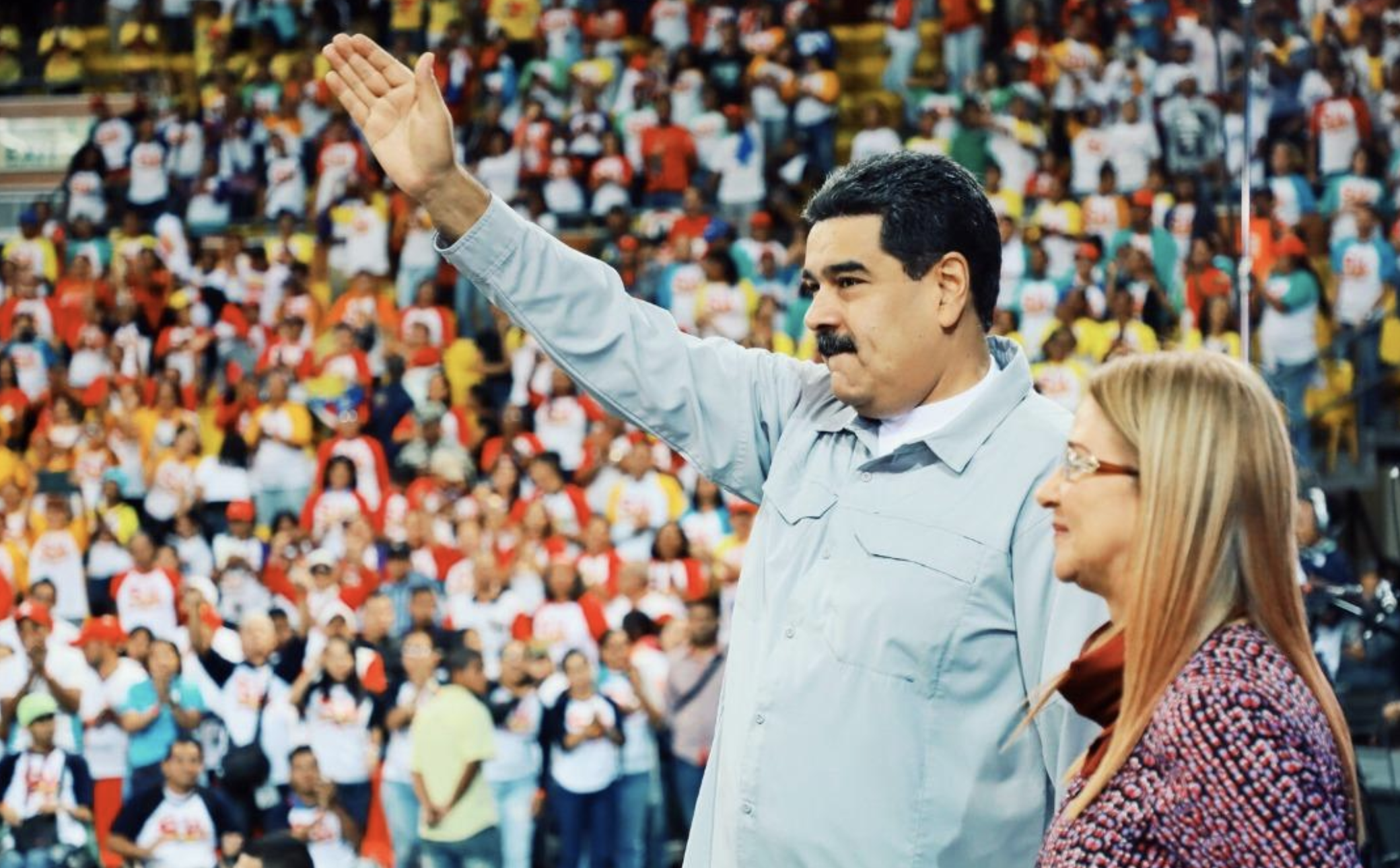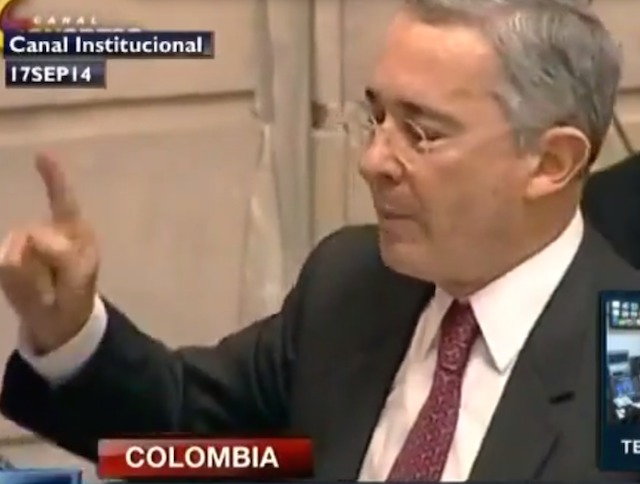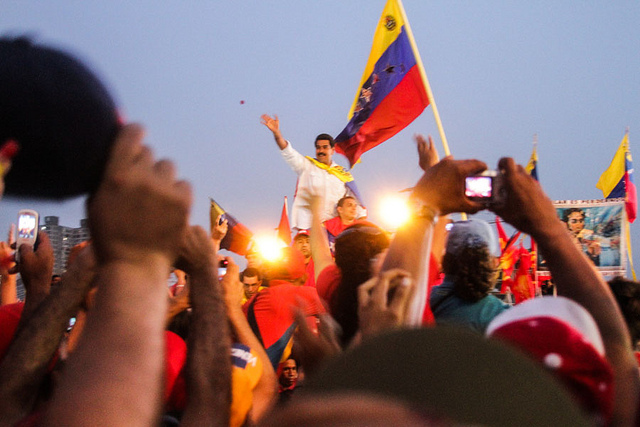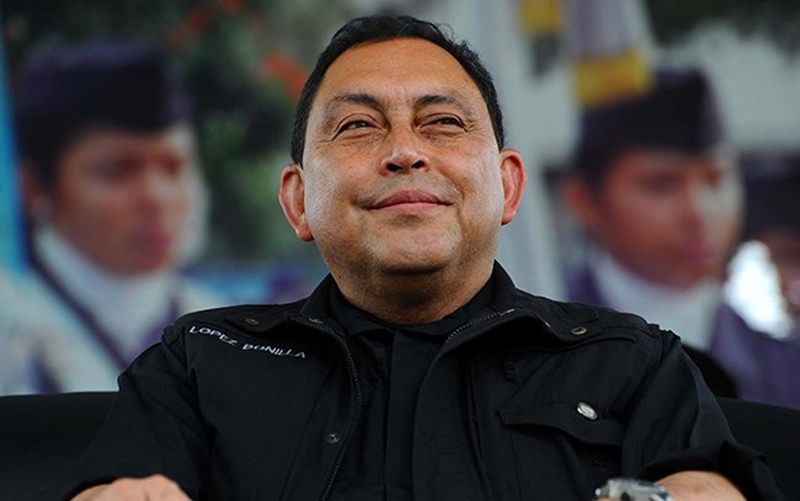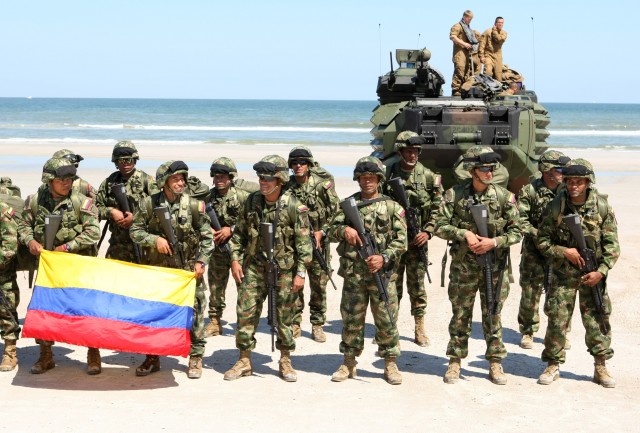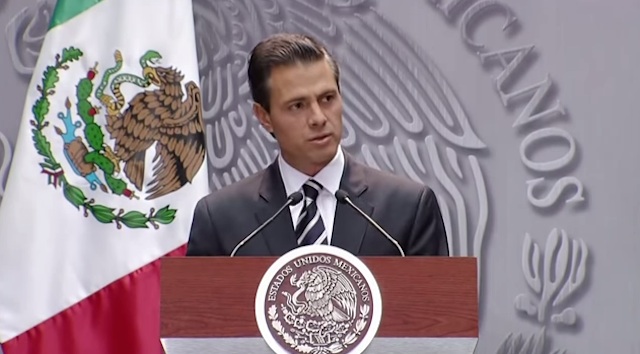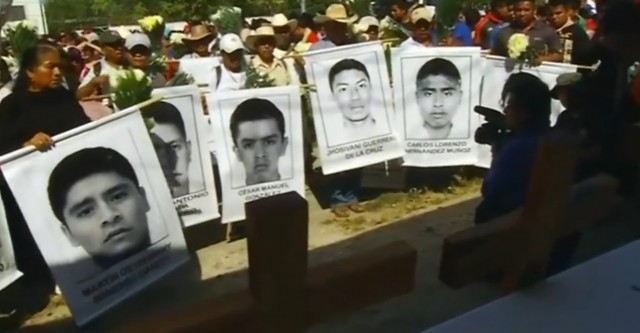
Latin America: Week in Review, Mexico, North America
Despite New Leads, No Answers in Search For Missing Students
October 29, 2014 By Staff
Top Story — The search continues for Mexico’s 43 missing students in Guerrero state as authorities have not been able to confirm that new mass graves contain the students’ remains.
Sunday marked one month since the students from the rural Ayotzinapa Normal School went missing after being arrested in the town of Iguala after commandeering several busses to use them in a protest. According to Mexican Attorney General Jesús Murillo Karam, local police turned the students over to members of the Guerreros Unidos gang, which had strong ties with Iguala’s mayor and his wife, both of whom are now on the run from authorities.
The mayor, José Luis Abarca, was reportedly connected with the Guerreros Unidos gang through his brother-in-law, a leader of the gang known as “El Molón.” Abarca’s wife, María de los Angeles Pineda, was giving a speech on the night of Sept. 26, and when he learned that the students might disrupt the event, he ordered police to attack the students, according to Murillo Karam.
Others, however, have suggested the attack could have been the senseless violence typical of drug gangs, or political repression of the students from Ayotzinapa Normal School, which is known for its confrontational leftist activism.
So far, 57 people have been arrested in connection with the case.
Four of them — suspected Guerreros Unidos members accused of involvement in the disappearances — led investigators on Monday to a mass grave site at a trash dump in the mountainous town of Cocula, but searchers have so far failed to turn up any definitive sign of the students.
Although there remains a shortage of firm details on the students’ fate, there has been plenty of speculation. Most suspect that the Guerreros Unidos gang killed the students. One student’s body was discovered the day after the students disappeared, his skin ripped from his skull and eyes torn out in an organized-crime style killing.
The mass grave in Cocula was the latest hope that the students’ fates would become clear. Earlier this month, investigators searched several mass graves outside of Iguala, though authorities have said none of the bodies found belonged to the students.
While local police are accused of involvement in the Iguala disappearances, the security forces in Mexico are accused of atrocities at all levels. Since then-President Felipe Calderón launched an offensive against drug cartels in 2006, Mexico has endured some 27,000 disappearances, many of which are blamed on the military and police.
Headlines from the Western Hemisphere
North America
- Mexico City is running out of room for gravesites, forcing many Mexicans to exhume the remains of interred loved ones whose burial rights have expired in order to make room for new bodies, a phenomenon at odds with Mexico’s rich burial traditions.
- The Huffington Post notes all the U.S. Senate and gubernatorial races that could be determined by the Latino vote in the upcoming midterm elections on Nov. 4.
- The New York Times has a look at the challenges facing Mexico’s state-owned Pemex oil company as it seeks to modernize following sweeping market-minded reforms to the country’s oil sector.
Caribbean
- The U.N. General Assembly has, for the 23rd consecutive year, overwhelmingly condemned the U.S. embargo on Cuba, with only the U.S. and Israel voting against the symbolic resolution.
- The U.S. Coast Guard continues its search for two Cuban rafters who are still missing after 11 other men who made the journey with them were found off the coast of Miami early Monday morning.
Central America
- Three former members of Guatemala’s National Police have been accused of the 1991 assassination of Miguel Mérida, the lead investigator in the murder a year before of the anthropologist Myrna Mack, who was known for chronicling state abuses against the country’s indigenous community.
- A group of nine countries at the U.N. Monday night urged El Salvador to alter its strict abortion laws, which, according to Amnesty International, “amount to institutionalized violence… against women and girls.”
- NPR investigates Nicaragua’s success in decreasing crime and violence through a softer, more community-based approach, which stands in contrast to the hard-line policies of its neighbors in Central America.
Andes
- An alleged Shining Path training manual, obtained by Peruvian television reporters, calls for tighter security (like using the indigenous language Quechua to communicate), as well as for attacks on journalists and others who criticize the guerrilla group, which has suffered several major losses in recent years.
- Venezuela on Tuesday recalled its ambassador to Spain after that country’s Prime Minister Mariano Rajoy met with and posted a tweet in support of jailed Venezuelan opposition leader Leopoldo López, who refused to attend a court hearing on Tuesday, demanding the government respond to the U.N.’s call for his freedom.
- Growers of cocoa in Ecuador and Colombia may benefit from the Ebola outbreak, which threatens to spread to Ghana and the Ivory Coast, jeopardizing demand for their exports of the crop which the South American nations could fill.
- Protesters in Peru’s Amazon seized a small airport late on Monday, demanding talks with an Argentine oil firm, which they say is polluting the local environment without offering enough compensation or consulting with local representatives.
Southern Cone
- The grandson of former Chilean dictator Augusto Pinochet is forming a right-wing political party, organizing a celebration of his deceased grandfather’s birthday on Nov. 28, to which he has invited the recently detained Pinochet aide Cristian Labbé, among others.
- Police in Brazil’s largest and most populous state of São Paulo killed twice as many people so far this year as they did in the same period of 2013, which a spokesman attributed to increasingly desperate criminals opening fire more often on officers, despite the fact that police deaths are at a 10-year low.
- After taking a tumble many attributed to dread in the business community over President Dilma Rousseff’s re-election, stocks and the local currency in Brazil have rebounded due in part to expectations Rousseff will be forced to make more market-friendly policies after winning by a narrow margin.
- As São Paulo’s worst drought in 80 years continues, a Reuters photo series shows the scale of the problem and its impact on daily life.
Image: BBC
